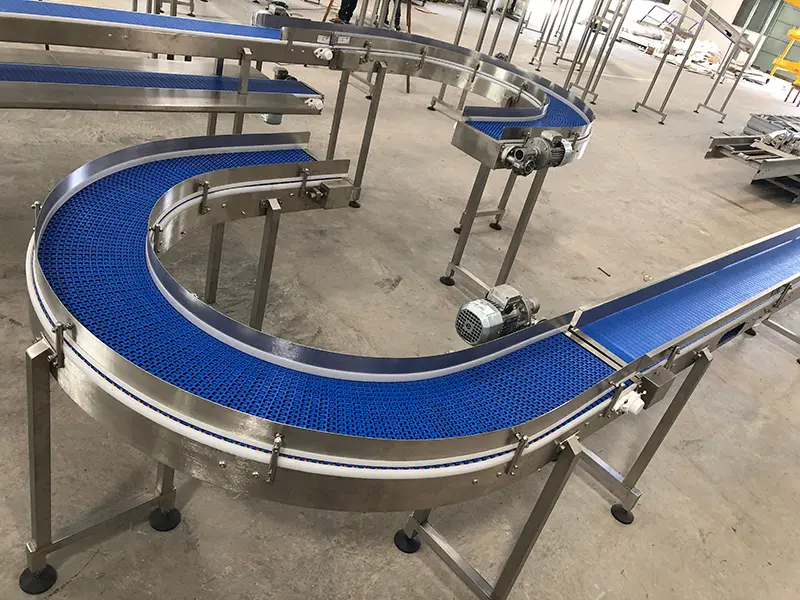Manufacturing, packaging, shipping, and food processing are just a few of the industries that use modular conveyor systems, which are incredibly flexible and effective material handling systems. Modular transports are created utilizing standardized, interchangeable parts, in contrast to traditional conveyor systems, which are frequently set in layout and construction. Flexible belts, rollers, frames, motors, and support structures are a few examples of these parts, which make it simple to expand and customize as applications change.

A modular conveyor system is a wise investment for companies looking to improve their material handling capacities while remaining flexible and prepared for the future. Because of its exclusive flexibility, you may grow, modify, or move system components without incurring expensive expenses or downtime thanks to its modular layout. Because of their versatility, modular conveyors are perfect for developing businesses, whether moving a manufacturing process or implementing a new procedure.
The cost of a modular conveyor system is one of the primary justifications for selecting one. You can greatly save the costs of upkeep and operation by upgrading or repairing particular parts rather than replacing the complete system. Long-term savings and an increased return on investment result from this.